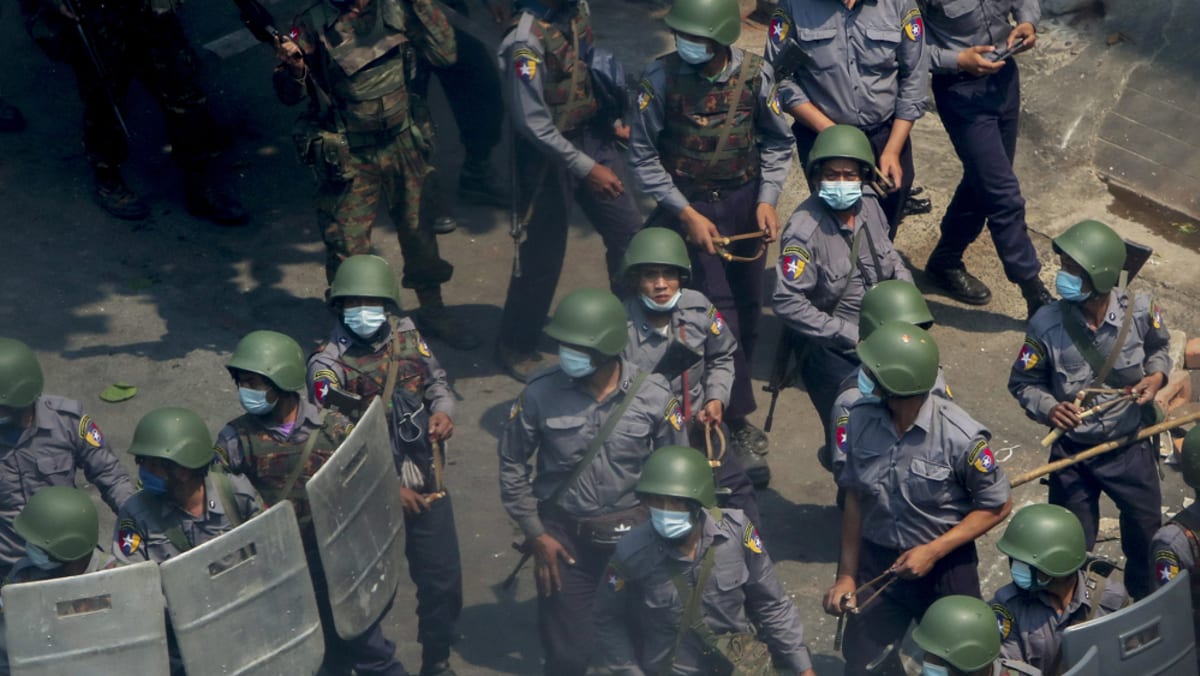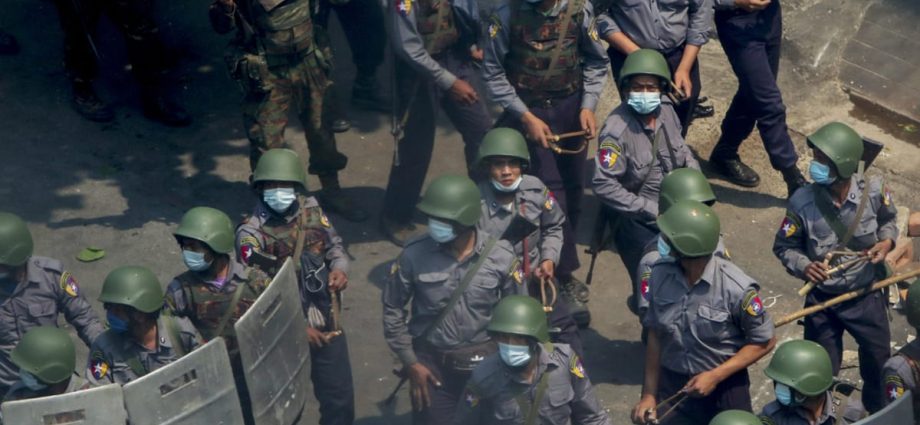
Ms Moe Thuzar, senior fellow and coordinator of the Myanmar Studies Programme at the ISEAS – Yusof Ishak Institute, said questions remain over who actually needs to use guns in the country.
“Looking back at past practice (and) past precedents, we do see that the people who were holding arms were either those that were very much close to or connected to the military authorities, or people who were military personnel or ex-military personnel, veterans and so on,” she noted.
For locals, the new policy adds another layer of fear to their lives. Many said there is no rule of law, and they feel unsafe even when doing basic daily chores such as going to the market.
Occasional attacks and assassinations on supporters of the junta have also occurred, even before the new gun law was introduced.
An urban guerrilla group, for instance, claimed responsibility for the death of an elections official in Yangon in April this year. He was a witness in the electoral fraud case surrounding ousted leader Aung San Suu Kyi.

